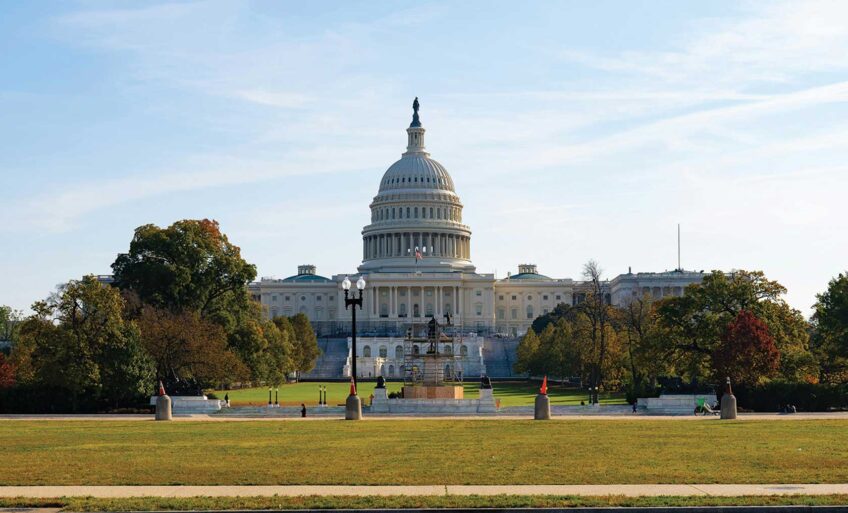Why so many white men still don’t like President Obama
The latest Pew Research Center survey found a lot of things that should cheer President Barack Obama. Voter anger against government even among those that identify as Tea Party backers is down, the Wisconsin union standoff hasn’t stirred any widespread anti-labor backlash, and there’s more tolerance than ever for same sex marriage.
But the poll also found a troubling note, a continuing troubling note for the White House, and a happy one for the GOP. White males still, by big margins, either disapprove or strongly disapprove of the president’s job performance. The continued high disapproval ratings among this group are even more glaring since it comes at the point where more Americans than in the past year say they like the job Obama’s doing. That is again all except a majority of white males.
The temptation is to chalk the continued skepticism and downright hostility to Obama of many white males up to the stereotypical gun rack, beer guzzling, white blue collar Joe. Many of those that don’t like Obama do fit that image. But many don’t. A significant percent in the Pew Center survey are middle to upper income, college educated, and live in a suburban neighborhood.
Their numbers are big and their political influence potent. The current crop of GOP presidential candidates know that, and bank on them to once more be the driving force in the 2012 presidential election. There’s some reason for that expectation.
In 2000, exit polling showed that while white women backed Bush over Democratic Presidential contender Al Gore by 3 percentage points. White men backed Bush by 27 more percentage points. Without the big backing of Southern white males for Bush in 2000, Gore would have easily won the White House, and the Florida vote debacle would have been a meaningless sideshow.
In the 2004 election the earlier polls that showed Bush getting sixty percent of the white male votes nationally were totally accurate. In the South, he garnered more than 70 percent of their vote. Four years later the margin was 26 points for Bush over Democratic presidential rival John Kerry among white males. Bush swept Kerry in every one of the Old Confederacy states and three out of four of the Border States. That insured another Bush White House.
In 2008, GOP Presidential candidate John McCain got nearly sixty percent of the white male vote. Though this was down slightly from prior presidential years, it still was high enough to keep McCain relatively competitive.
The intense and unshakeable loyalty of a majority of working and middle class white men to the GOP is not new. The gender gap was first identified and labeled in the 1980 contest between Reagan and Carter. That year Reagan had more than a 20 percent bulge in the margin of male votes he got over Carter. By comparison, women voters split almost evenly down the middle in backing both Reagan and Carter. Men didn’t waver from their support of Reagan during his years in office. In fact, many of them made no secret about why they liked him. His reputed toughness, firmness and refusal to compromise on issues of war and peace fit neatly into the often times stereotypical male qualities of professed courage, determination, and toughness.
Though the penchant for white males to back Republican presidents gave Bush the electoral edge in the race against Gore in 2000, Gore won the popular vote as well as the electoral votes in more than a dozen states and women voters provided the margin for victory in those states for him. The GOP’s grip on male voters, however, could have even spelled doom for Bill Clinton in his reelection bid in 1996.
If women had not turned out in large numbers and voted heavily for Clinton, GOP presidential contender Robert Dole may well have beat him out. While men rate defense, a strong military, the war on terrorism, and national security as high on their list of concerns, women say abortion rights, education, social security, health care, equal pay and job advancement, and equal rights are highest on their list of concerns.
While racial, gender, and economic tensions and fears are major forces behind white male devotion to the GOP; they’re hardly the only reason for their political love affair with the party. Republicans have also played hard on the anger, frustration, and hatred that many males harbor toward government and their swoon over military toughness. The Tea Party, Sarah Palin, Fox News and the shrill pack of right-wing bloggers and talk show hosts have fanned and inflamed the anti-government and borderline racism of many white males to power their movement.
This paid big dividends in the November mid-term elections. And for four decades before that it has been the trump card for winning GOP presidents and even losing GOP presidential candidates, like McCain.
Win or lose, the GOP still banks heavily that that vote will be there for whomever emerges from the GOP presidential contender pack again. The Pew Center Survey simply confirmed it’s not a fawn hope.
Earl Ofari Hutchinson is an author and political analyst.






